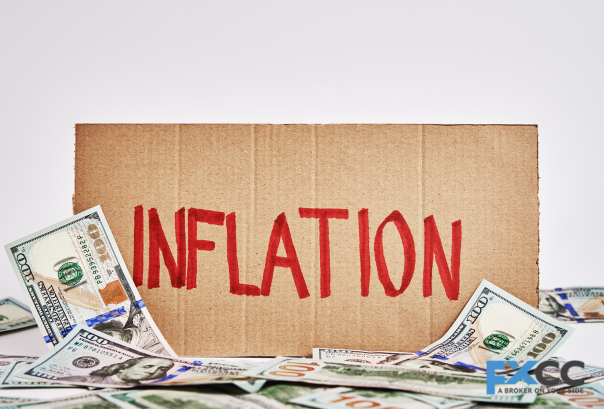In today’s economic landscape, one of the most pressing concerns facing policymakers is the delicate balance between inflation and economic growth. As the global economy continues to recover from the impact of the pandemic, central banks, including the Bank of England (BOE), are closely monitoring these factors to ensure stability and prosperity for all. But with inflation on the rise, can the BOE navigate this challenge before it dampens economic growth?

Understanding the BOE Meeting
Before diving into the complexities of inflation and economic growth, let’s first understand what the BOE meeting entails. The BOE, like other central banks, convenes regular meetings to assess economic conditions, set monetary policy, and address any emerging challenges. These meetings typically involve discussions among policymakers, economists, and experts, culminating in decisions that can have far-reaching implications for the economy.
Rising Inflation: A Cause for Concern
In recent months, inflationary pressures have been on the rise, fueled by various factors such as supply chain disruptions, increased demand, and rising energy prices. This uptick in inflation has raised concerns among policymakers, as it can erode purchasing power, reduce consumer confidence, and ultimately hinder economic growth. For the BOE, the challenge lies in addressing inflationary pressures without stifling economic activity.
Balancing Act: Taming Inflation Without Slowing Growth
Navigating the delicate balance between inflation and economic growth requires a nuanced approach from the BOE. On one hand, the central bank may consider tightening monetary policy by raising interest rates to curb inflationary pressures. By making borrowing more expensive, higher interest rates can help dampen demand and reduce inflationary expectations. However, this move also risks slowing down economic growth and potentially derailing the recovery.
Tools at the BOE’s Disposal
To address the twin challenges of inflation and economic growth, the BOE has a toolkit of monetary policy tools at its disposal. In addition to adjusting interest rates, the central bank can also utilize unconventional measures such as quantitative easing (QE) to influence financial conditions and support economic activity. QE involves the purchase of government bonds and other assets to inject liquidity into the financial system, lower long-term interest rates, and stimulate borrowing and investment.
Market Reaction: Anticipating BOE Decisions
Given the importance of BOE meetings in shaping monetary policy and economic outlook, financial markets closely watch for any signals or indications from policymakers. The anticipation of BOE decisions can lead to volatility in asset prices, including currencies, bonds, and equities. Investors and traders analyze economic data, central bank statements, and speeches by policymakers to gauge the direction of monetary policy and adjust their positions accordingly.

The Road Ahead: Uncertainties and Challenges
As the BOE grapples with the twin challenges of inflation and economic growth, uncertainties and challenges lie ahead. The path to navigating these issues is fraught with risks, including the possibility of policy missteps, external shocks, and unforeseen developments. However, with careful analysis, prudent decision-making, and effective communication, the BOE can steer the economy towards stability and prosperity.
Conclusion
In conclusion, the upcoming BOE meeting holds significant implications for the trajectory of inflation and economic growth in the UK. As policymakers deliberate on the best course of action, the key question remains: can they effectively navigate inflationary pressures without jeopardizing economic recovery? With the right mix of monetary policy tools, strategic decision-making, and clear communication, the BOE has the potential to steer the economy towards a path of sustainable growth and stability.


